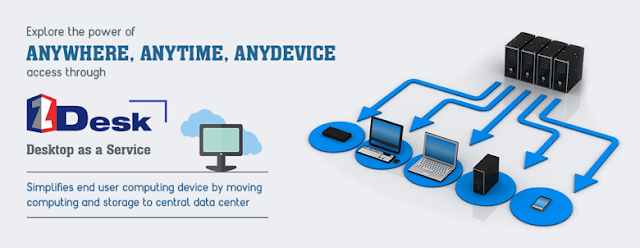The Top 5 Infrastructure Cybersecurity Solutions to Keep Your Business Safe
As businesses increasingly rely on
technology to operate, infrastructure cybersecurity solutions have
become essential to protect against cyber threats. Cybersecurity solutions are
a combination of software, hardware, and policies that aim to safeguard IT
infrastructure and data from malicious attacks. In this blog, we will discuss
the top five infrastructure cybersecurity solutions to keep your business safe
and secure from cyber threats through proactive risk management, authentication
security measures, data encryption protocols, advanced firewalls, and network
monitoring tools.
- Firewall Solutions:
A firewall is a software or hardware device that monitors and controls the
incoming and outgoing network traffic based on predetermined security
rules. Firewalls are the first line of defense against cyber attacks, as
they can block unauthorized access and prevent malware from entering the
network. A firewall is a valuable tool for any organization that can help
prevent data leakage by proactively blocking any unauthorized outbound
traffic. It is designed to monitor and control incoming and outgoing
network traffic by ensuring that only authorized traffic is allowed, thus
providing an additional layer of protection against malicious activities.
- Intrusion Detection and Prevention Systems (IDPS): An Intrusion Detection and Prevention System (IDPS)
is a security solution that monitors network traffic for suspicious
activity and alerts the administrator if an attack is detected. An IDPS
can detect different types of attacks, including malware, viruses, and
unauthorized access attempts. An IDPS can also prevent an attack by
blocking the traffic that triggers the alert.
- Virtual Private Network (VPN): A Virtual Private Network (VPN) is a secure network
that connects remote users or sites to the main network. A VPN uses
encryption to protect data transmission between the remote user and the
main network. With a VPN, remote users can access network resources
securely, while the main network remains protected from unauthorized
access.
- Access Control Solutions: Access control solutions are used to restrict access
to network resources based on user identity and job role. Access control
solutions can include password policies, two-factor authentication, and
role-based access control. These solutions ensure that only authorized
users can access sensitive data and network resources, reducing the risk
of a data breach.
- Security Information and Event Management (SIEM): Security Information and Event Management (SIEM)
solutions collect and analyze security data from different sources, such as
firewalls, IDPS, and access control systems. SIEM solutions can detect
security incidents by correlating information from different sources and
identifying patterns of malicious activity. SIEM solutions can also
generate reports and alerts to help administrators respond quickly to
security incidents.
Conclusion:
In conclusion, infrastructure cybersecurity solutions are crucial to protect businesses against cyber
attacks. Firewall solutions, IDPS, VPNs, access control solutions, and SIEM
solutions are among the top cybersecurity solutions that businesses should
implement to safeguard their IT infrastructure and data. It is important to
remember that cybersecurity is an ongoing process, and businesses need to
continuously monitor and update their security solutions to stay protected
against emerging threats. By taking a proactive approach to cybersecurity,
businesses can mitigate the risks of cyber-attacks and ensure the safety of
their data and operations.




I’ve seen firsthand how crucial strong cloud security is, and honestly, automation can be a real game-changer in keeping systems consistent, resilient, and worry-free.
ReplyDelete